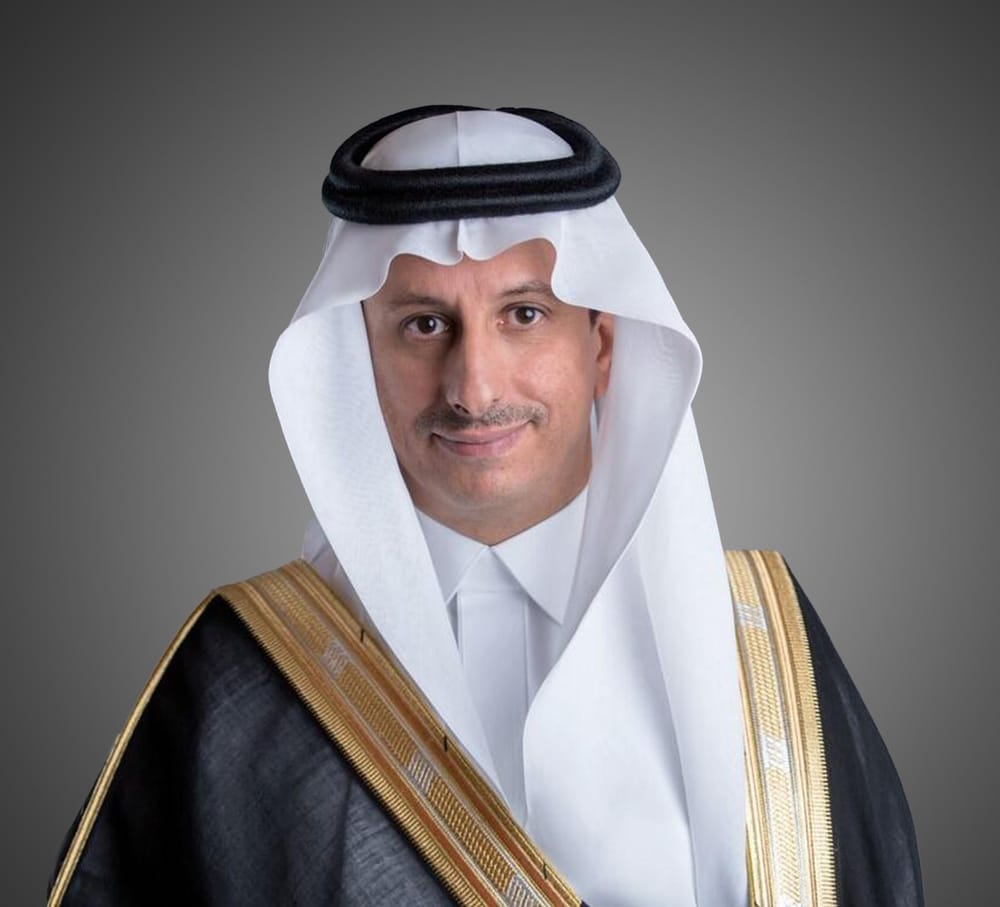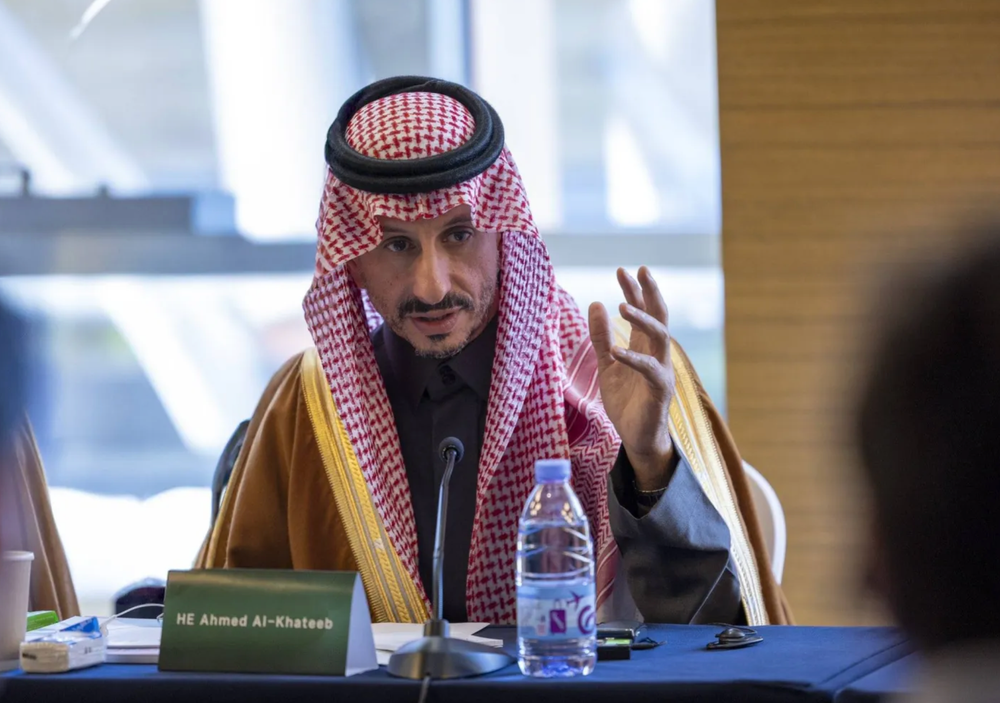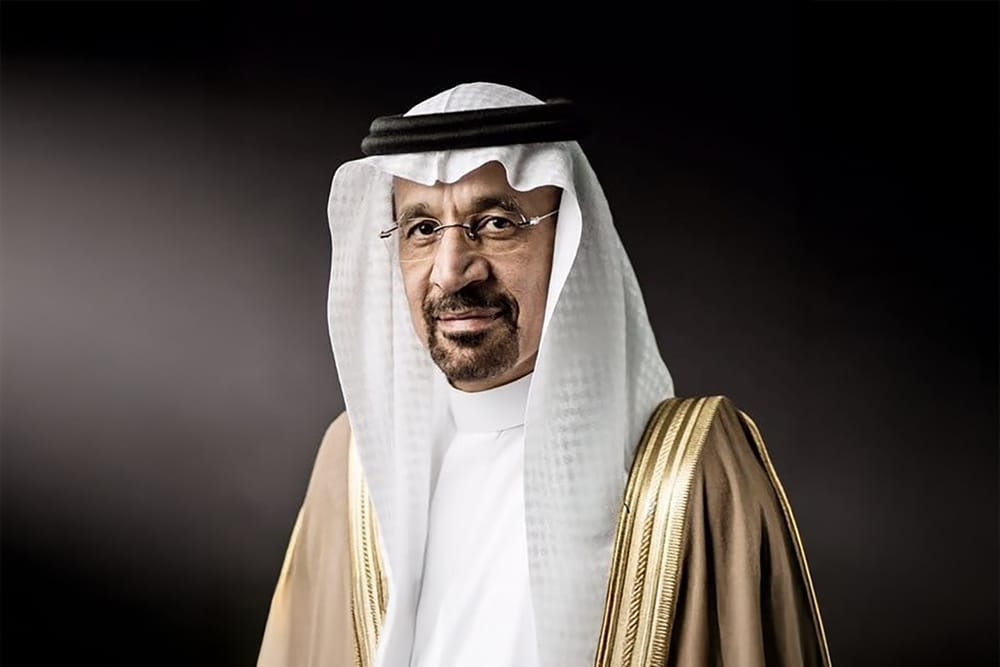Saudi Arabia is in the midst of a historic economic transformation under the guidance of Vision 2030. Central to these sweeping changes is the Ministry of Finance, headed by H.E. Mohammed Aljadaan. Drawing on insights from recent interviews, this article explores the critical decisions, formidable challenges, and significant achievements that have reshaped the Kingdom’s financial landscape since 2015.
H.E. Mohammed Aljadaan’s Journey into Public Service
A Surprising Beginnings
In 2014, H.E. Mohammed Aljadaan was preparing for semi-retirement after a distinguished career in law. Instead, he received an unexpected call from H.R.H. the Crown Prince inviting him to lead the Capital Market Authority (CMA). Accepting this role marked a dramatic shift, as Aljadaan transitioned from private practice into public service.
Transforming the Capital Market Authority (2015–2016)
Upon taking the helm of the CMA in 2015, Aljadaan immediately prioritised establishing a disciplined, transparent market. His goals included:
- Attracting local and international investors.
- Encouraging companies to list on the Saudi Exchange.
- Boosting transparency and disclosure standards.
One of the Crown Prince’s early ambitions was to prepare Aramco for a public listing and elevate the Saudi market’s global standing. Initially, Aljadaan found it difficult to reconcile Aramco’s long-standing opaqueness with the vision of a transparent, world-class exchange.
Appointment as Minister of Finance Amid Economic Downturn
Confronting a Critical Fiscal Deficit
In mid-2016, as global oil prices plummeted and budget deficits swelled, Aljadaan was appointed Minister of Finance. He inherited an unsustainable budget deficit that reached 15% of GDP. For a Kingdom historically dependent on oil revenues, this volatility threatened to derail progress toward Vision 2030.
Implementing “Painful Resolutions” to Safeguard Stability
To stabilize public finances, the government introduced a series of difficult but necessary measures:
- Elimination of allowances.
- Introduction of Value Added Tax (VAT) (initially 5%, later raised to 15%).
- New fees for expatriate dependents.
H.E. Aljadaan emphasized that these decisions, though unpopular, were essential for achieving economic diversification. In 2020, with the dual shock of COVID-19 and collapsing oil prices, the VAT was raised to 15% to preserve reserves and maintain access to debt markets. Acknowledging public concerns, Aljadaan argued that increasing VAT was the least harmful option compared to alternatives.
Mitigating Social Impacts
To offset the burden on low-income citizens, the Citizen Account program was recalculated and enhanced. This program delivered targeted subsidies to help families cope with rising living costs, ensuring that fiscal reforms did not disproportionately affect vulnerable groups.
Modernizing Saudi Arabia’s Financial Infrastructure
From Paper to Digital: The ‘Etimad’ Platform
Prior to 2017, Saudi Arabia’s financial ecosystem relied heavily on paper-based processes, leading to delays in payments and limited visibility into government cash flows. This inefficiency hampered private sector companies, stalling salaries and loan repayments.
Objectives and Features of Etimad
- Digitize all financial transactions.
- Require contracts and invoices to be uploaded online.
- Provide real-time insights into cash flow, dues, and payment timelines.
- Set targets, such as processing payments for new contracts within 45 days.
Overcoming Resistance and Unlocking Benefits
Government entities accustomed to traditional procedures initially resisted the shift to transparency and automation. Over time, Etimad proved indispensable by:
- Expediting payments to the private sector.
- Offering data analytics on bidding patterns, regional expenditures, and potential conflicts of interest.
- Building trust with banks, thereby unlocking new financing opportunities for businesses.
Today, Etimad is widely recognized as a cornerstone of government efficiency and a catalyst for private sector confidence.
Fiscal Sustainability Program: Reducing Volatility
Evolution from Fiscal Balance to Fiscal Sustainability
To break the cycle of extreme budget swings tied to oil revenues, the Ministry launched the Fiscal Balance Program, later rebranded as the Fiscal Sustainability Program. Its core objectives include:
- Setting spending ceilings that are independent of short-term oil price movements.
- Regulating revenue collection to ensure predictability.
- Building reserves to cushion the budget against external shocks.
Measuring Success
Between 2010 and 2015, the gap between budgeted figures and actual expenditures averaged 18%. By 2019—just before the pandemic—this variance had shrunk to 4%. This shift reflects a broader focus on fostering sustainable revenue streams that support long-term growth rather than merely maximizing short-term receipts.
Financial Sector Development Program: Fueling Economic Ambitions
Coordinating Regulators
The Financial Sector Development Program aims to ensure that banks, capital markets, and insurance companies can back Saudi Arabia’s ambitious development projects. It coordinates the efforts of independent regulators such as:
- The Saudi Central Bank (SAMA).
- The Capital Market Authority (CMA).
- Other emerging authorities (e.g., the Insurance Authority).
Key Achievements
- Fintech Growth: A regulatory “sandbox” environment has spurred innovation in digital payments, lending platforms, and blockchain applications.
- Increase in Financial Companies: The number of licensed financial firms has expanded significantly, fostering competition and diversification.
- Progress Toward a Non-Cash Society: As of 2024, non-cash transactions account for 62% of total payments, heading toward an 80% target.
Remaining Challenges
- Boosting National Savings Rates: Encouraging households to increase their savings as a buffer against economic shocks.
- Developing the Insurance Sector: While the Insurance Authority’s establishment is a positive step, market penetration remains low compared to global peers.
Navigating the COVID-19 Crisis
Dual Economic and Health Shocks
The year 2020 tested Saudi Arabia’s resilience as oil prices collapsed and unplanned health expenditures soared. H.E. Aljadaan credits H.R.H. the Crown Prince’s decisive leadership for enabling rapid, sometimes unconventional, responses.
Immediate Measures
- 60% Salary Support for Private Sector Workers: This subsidy prevented widespread job losses during lockdowns, stabilizing household incomes.
- Flexible Procurement of Medical Supplies: The government streamlined procurement protocols to secure vital goods and equipment under urgent timelines.
By prioritizing citizen welfare over strict procedural norms, the Kingdom minimized economic fallout and positioned itself for a swift recovery once global conditions stabilized.
Advancing Privatization: Empowering the Private Sector
A Complex, Long-Term Initiative
While some observers view Saudi Arabia’s Privatization Program as delayed, H.E. Aljadaan insists that methodical preparation is vital. Each project typically requires:
- 2–3 years of feasibility studies.
- Corporatization of state assets to ensure they are ready for sale or public-private partnerships.
- Development of a clear regulatory framework to guide transactions.
Recent Milestones
With foundational policies in place, the program has seen a surge in signed contracts across multiple sectors. By 2024–2025, privatization deals are expected to exceed 200 billion SAR. Noteworthy projects include:
- Airports: Partnerships to manage and operate major international airports.
- Dialysis Centers: Collaborations to expand and modernize healthcare facilities.
- Ports and Water Desalination: Private investment in strategic infrastructure to boost efficiency and service quality.
These initiatives not only generate new revenue streams for the government but also elevate service standards and foster innovation.
Reforming the Zakat, Tax, and Customs Authority (ZATCA)
Addressing Private Sector Concerns
ZATCA initially faced criticism for an overly aggressive focus on revenue collection, which some businesses felt disadvantaged compliant firms relative to those evading taxes. H.E. Aljadaan offers a different perspective:
- Fair Taxation as a Competitive Equalizer: Ensuring that all companies adhere to tax laws prevents unfair cost advantages.
- Cultural Shift: ZATCA has adopted a more balanced approach, including fines exemptions for voluntary compliance and more taxpayer-friendly initiatives.
Ongoing Reforms
- Flexibility in Tax Codes: Introducing mechanisms to adjust tax liabilities based on economic conditions.
- Mitigating Penalties: Emphasizing corrective action over punitive measures to encourage prompt compliance.
These reforms aim to foster a more transparent, predictable tax environment that supports private sector growth.
Looking Ahead: A Vision for Sustainable Growth
Optimism for the Saudi Economy
H.E. Aljadaan is bullish about the Kingdom’s trajectory. Beyond government initiatives, he points to:
- Youth Engagement: A new generation eager to participate in and contribute to Vision 2030.
- Private Sector Collaboration: Increased enthusiasm from local and international businesses seeking opportunities in Saudi markets.
Balancing Ambition with Fiscal Prudence
To fund large-scale projects without crowding out private investment, the Ministry set a new government debt ceiling at 40% of GDP. This cap ensures:
- Adequate public financing for strategic initiatives.
- Room for private sector lenders to support SMEs and large ventures alike.
Cultural Transformation in Government
Perhaps the most fundamental shift has been within government itself:
- Greater Transparency: A move toward open data and public accountability.
- Receptiveness to Criticism: Encouraging constructive feedback from citizens and the private sector.
- Collaborative Mindset: Ministers and regulators increasingly work across agencies to drive progress.
This cultural evolution, paired with a clear blueprint and unwavering commitment to execution, underpins confidence that Saudi Arabia will emerge from this transformative era with a more diversified, resilient, and dynamic economy.
Conclusion
Since 2015, under the stewardship of H.E. Mohammed Aljadaan, Saudi Arabia has navigated a series of unprecedented economic challenges. From stabilizing budget deficits and digitizing financial processes to fostering a vibrant private sector and responding decisively to the COVID-19 shock, the Ministry of Finance has laid a robust foundation for Vision 2030. As reforms continue to take root—whether through fiscal sustainability measures, financial sector innovation, or privatization—citizens and businesses alike are witnessing tangible improvements: reduced unemployment, higher female labor participation, a surge in SMEs, and enhancements in government services.
While the path forward remains demanding, the Kingdom’s commitment to transparency, collaboration, and prudent planning makes it poised to achieve its ambitious goals. As H.E. Aljadaan aptly observes, the scale of aspiration is immense, but so too is the resolve to bring Vision 2030 to fruition.






